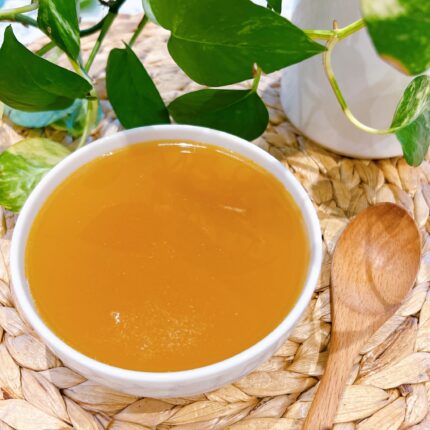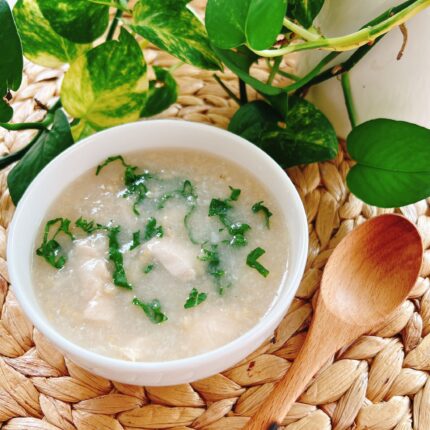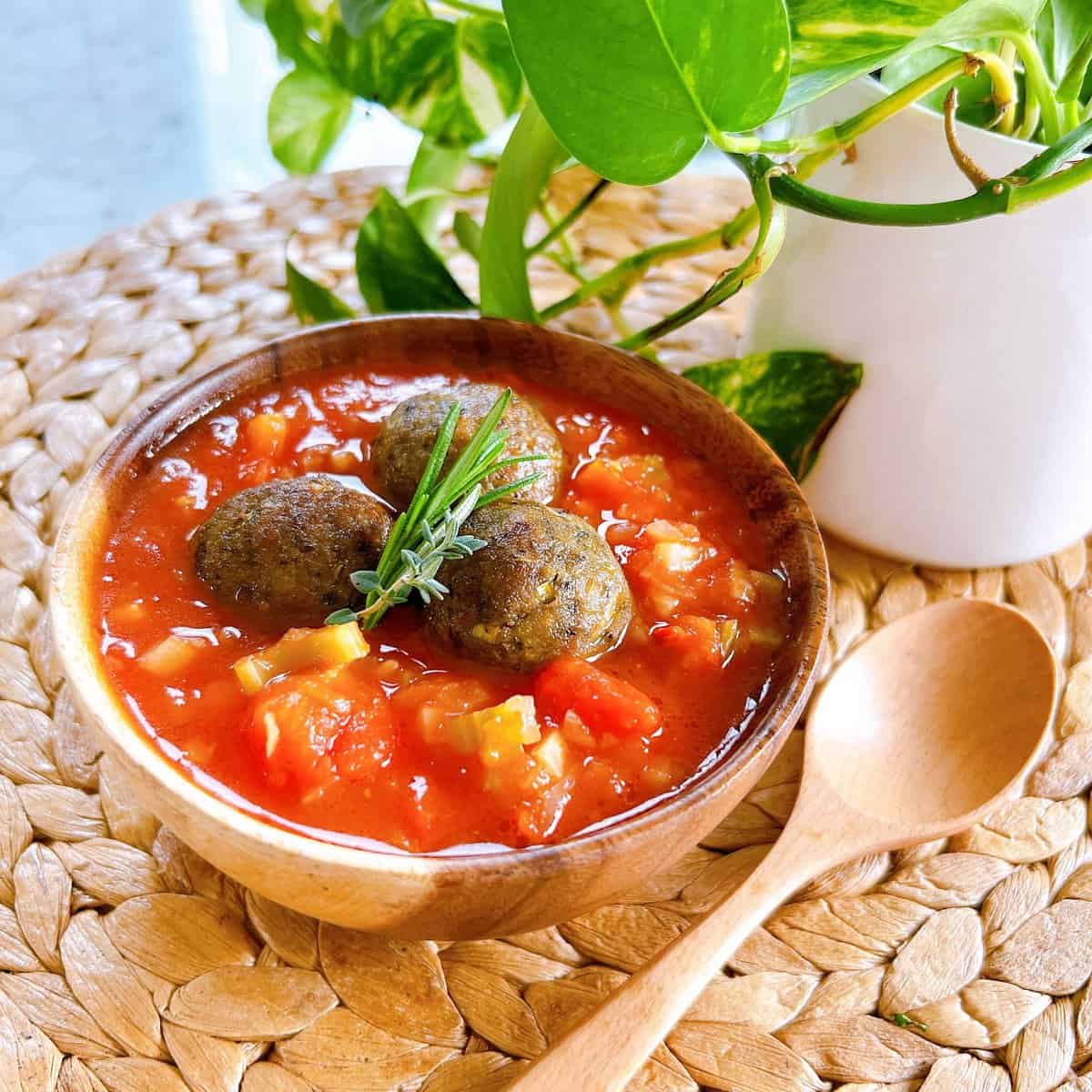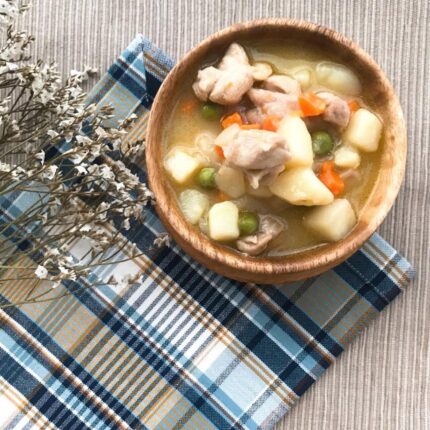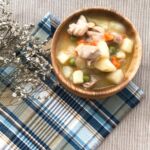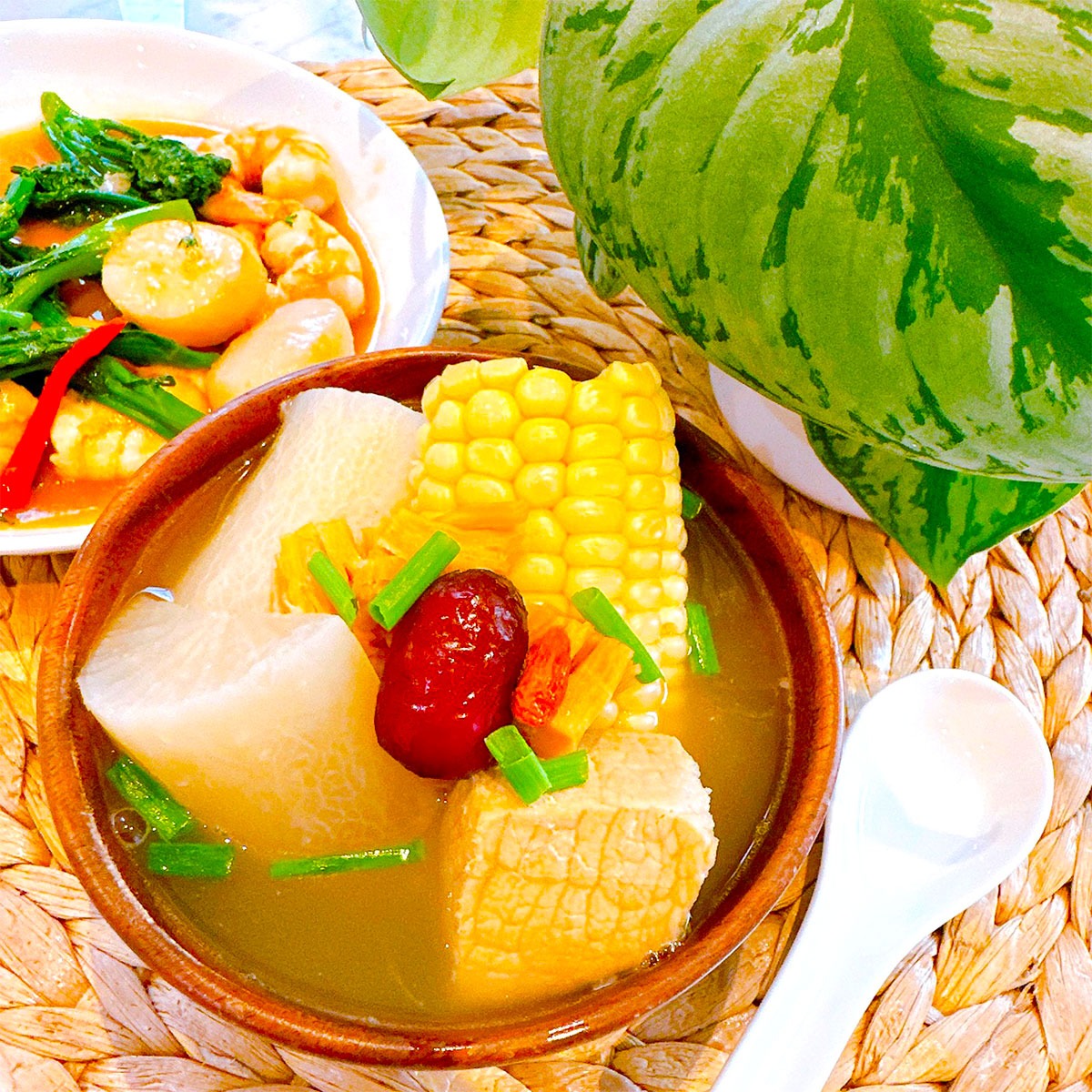Nothing can beat a bowl of mom-made food, no matter how many fancy dishes and eateries I’ve checked out in Singapore. Growing up, I loved how she would make hearty meals with all the good stuff—vegetables, protein, carbs, vitamins, and minerals.
Now that I’m a mom myself, I get how important those meals are to keeping me going strong through the day and staying healthy. For Shane, I want him to make him loads of healthy home-cooked food growing up in Singapore. But as parents, we don’t always have everything figured out. But that’s OK. We can take it one step at a time and pass on the knowledge bit by bit, so our little ones can make it a part of their daily grind. Take, for example, vitamins and minerals.
Vitamins and minerals are the nutrients that keep our bodies running smoothly.
Vitamins & Minerals for health
Vitamins and minerals play a pivotal role in our overall health and well-being. Let’s explore vitamins and minerals for maintaining our overall well-being:
- Table 1: Vitamins for Health
| Vitamin | Role in the Body | Additional Benefits |
| Vitamin A | Aids vision, bone growth, cellular processes, immunity | Supports reproduction, growth, and development. |
| Vitamin D | Facilitates calcium absorption, cancer cell control | Manages infections and inflammation. |
| Vitamin E | Enhances immunity, prevents blood clotting | Opens blood vessels, preventing clot formation. |
| Vitamin K | Assists blood clotting, speeds wound healing | Essential for post-injury recovery. |
| Vitamin C | Antioxidant, promotes bone, cartilage, and blood vessels | Enhances skin health and overall vitality. |
| B-Group Vitamins | Strengthens nerves, converts carbs into energy | Crucial for kids and breastfeeding mothers. |
- Table 2: Minerals for Health
| Mineral | Role in the Body | Extra Benefits |
| Calcium | Strengthens bones and teeth, regulates heart function | Maintains muscle and blood clotting. |
| Iodine | Vital for thyroid hormones, metabolic rate control | Supports brain and body growth. |
| Iron | Oxygen transportation, energy for cells | Ensures an effective immune system. |
| Zinc | Supports growth, development, immune function | Crucial for overall bodily functions. |
| Magnesium | Promotes bone health, regulates blood pressure | Maintains immune function, lung health. |
| Potassium | Aids nerves, muscles, heart function | Contributes to healthy blood pressure. |
| Sodium | Maintains blood volume and tissue fluids | Helps maintain proper bodily balance. |
Vitamins & Minerals in our daily foods
Isn’t it incredible how everyday meals have hidden vitamins and minerals essential for our bodies? The ingredients we choose and the way we prepare them help us find balance in the five food groups.
Source of vitamins
- Vitamin A comes in various forms, and you’ll find it in many foods. The best sources from the plant kingdom are the rainbow of goodness, veggies, and fruits. For instance, a small serving of carrot (90g) boasts approximately 835 µg of vitamin A, while a slice of cantaloupe (90g) offers around 27µg.
- Soaking in the sun isn’t just good for your soul; it’s good for your body. 10-15 minutes of sun exposure three times a week is enough. You’ll also get vitamin D in home-cooked foods in Singapore, like milk, margarine, bread, and cereals. 100 gm of tuna provides a range of 11-20.5µg of vitamin D, while 100g of cooked salmon delivers around 9µg.
- Vitamin E is abundant in plant oils from vegetables and nuts. Sunflower oil (100g) is a good source of the nutrient, with roughly 48.7µg of vitamin E, while safflower oil (100g) contains approximately 38.7µg. If you love nuts, like hazelnuts or almonds, these nuts can provide a considerable amount of vitamin E.
- The green and leafy veggies, like broccoli, spinach, and kale, that your little fussy eater always picks on are the best sources of vitamin K. A cup (90g) of kale contains 547µg of this nutrient.
- Ever wondered why doctors recommend consuming vitamin C when you’re down with a cold? The nutrient is rich with antioxidants that help you fight against the flu. Fruits like apricot, orange, guava, and cantaloupe are an ideal source of vitamin C. A medium-sized orange is packed with 50µg of vitamin C.
- For a B vitamin-packed diet, go for a mix of fresh foods like meat, dairy, cereals, and plenty of fruits and veggies.
Source of minerals
- Dairy delights like milk, yoghurt, and cheese, along with some plant-based foods such as tofu and breakfast cereals, are excellent sources of calcium. Consuming 100 gm of powdered milk gives you 1020 mg of calcium.
- We only need a pinch of iodine in our diet, and it’s naturally found in foods like dairy products, seafood, seaweed (kelp), eggs, and iodised salt. In 20g seaweed, there’s up to 4000µg iodine present.
- Iron comes from both animal and plant-based foods, from red meat and fish to poultry, legumes, etc.
- Magnesium can be found in nuts like cashews, legumes, dark green vegetables, seafood, whole grains, and even chocolate and cocoa.
- Fruits, nuts, vegetables, lean meats, eggs, and fish help to maintain the right balance of potassium in our body.
- The primary source of sodium in our body is salt. However, make sure to control your sodium intake, as it may cause health hazards.
At Shane’s Kitchen, we brew healthy home-cooked food in Singapore, like stocks, porridges, soups, congee, and more. We don’t add extra salt, sugar, or other preservatives, considering your health is our top priority.

